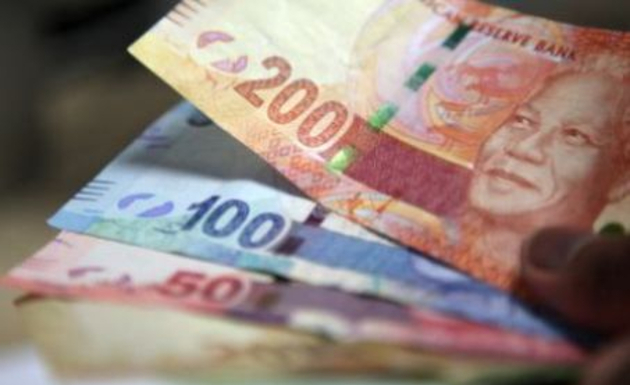Cape Town – February was a good month for the SA economy, but is likely to be an exception in an expected overall downward trend, according to the latest BankservAfrica Economic Transactions Index (Beti) released on Wednesday.

The Beti measures South African payment system transactions smaller than R5m, giving a broad picture of the current SA economy.
Economist Mike Schüssler of Economists.co.za did caution, however, that February had 29 days this year as well as an extra week day. That could have led to the month being a bit stronger than usual.
“Apart from that, I think it is a case of two steps back and one step forward for the economy. The overall trend for SA is still down, but not in a straight line,” Schüssler told Fin24.
“It is still a bear market, but maybe not a rally. Although February was not a bad month, it does not, in my mind, change the trend of SA’s economy which continues to become ever slower year-on-year. SA is just not looking healthy at the moment and finds itself between a rock and a hard place.”
In his view, the downward cycle has been going for quite a while, but that does not mean that every now and then there could not be a good month – and February was one of those. He expects March, however, to be weaker because of the long weekend and April to look better.
The weaker rand also allows for exporters to have a positive impact on the economy. While exports are not up in volume or dollar price, there does seem to be an indication that rand prices are up, which brings in more money in local currency. This money is now in circulation, leading to more transactions.
Another possible influence he pointed out could have been that retailers did not buy up as much in January, but when they saw the customers were still there, they probably decided to stock up again in February.
“It is important for us to get a good month such as February was, but this still does not change the trend in my view,” said Schüssler.
Dr Caroline Belrose, head of fraud and data analytics at BankservAfrica, added that, although February saw the strongest month-on-month increase since December 2011 at 2.4% after inflation, it was still not enough to stop the yearly decline of the Beti.
“The number of transactions in February grew by 5.4%, the strongest year-on-year growth since September 2014. However, the seasonal data indicates that transactions were actually flat when taking into account the leap year, which provided for one additional day’s worth of economic transactions than the previous year,” explained Belrose.
The total increase in the standardised nominal value was ahead of inflation at 7.7%, which was the strongest since November 2015.
“Analysts caution that although this sudden increase appears to be good news, it is likely to be a once-off event rather than a trend changer. Compared to a year ago, the number is still negative, but the short term indications are that at least February had an underlying trend of strong growth in both the overall number of transactions and the transaction values.”
Another trend is that, generally, debit transactions are growing at a slower pace than electronic credit transfers and real time transfers, indicating that businesses and consumers are still wary of taking on new debt in the current business cycle.